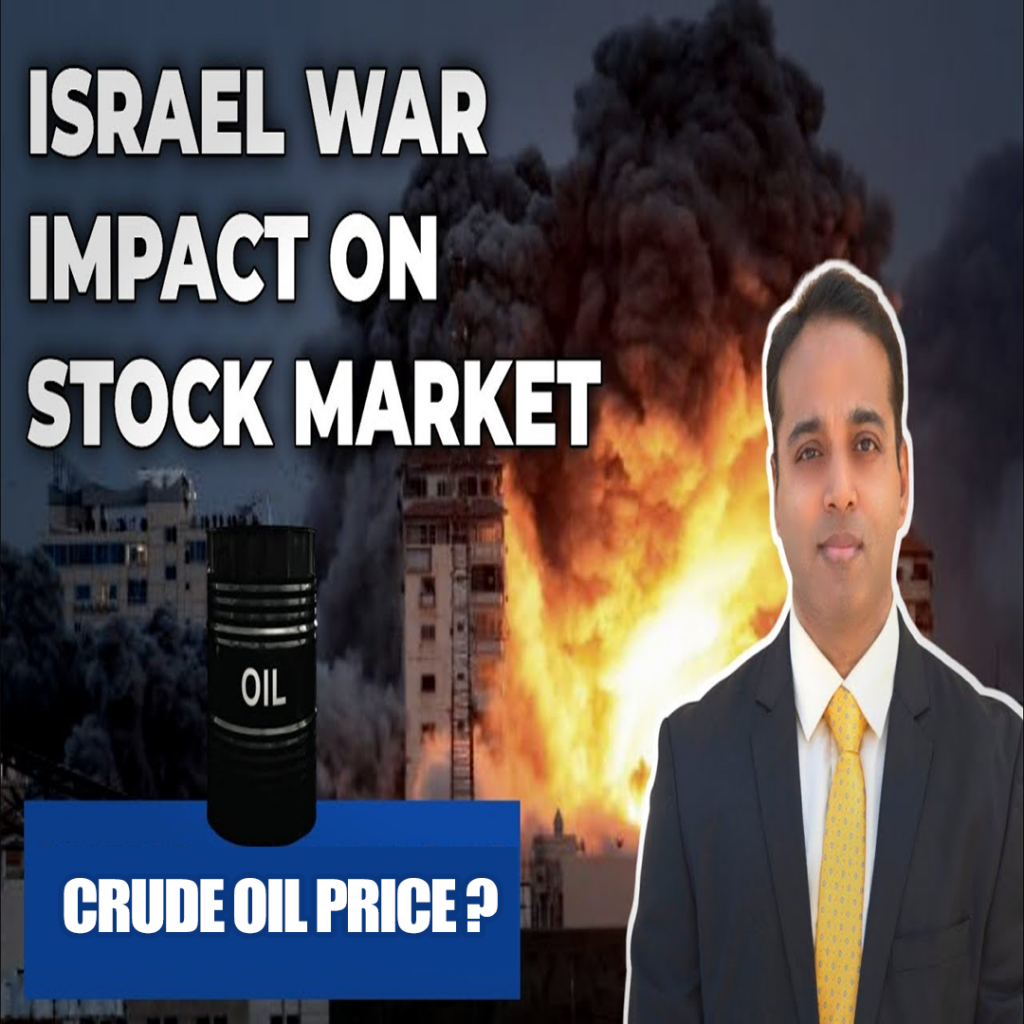Digital Zeitgeist – Middle East Unrest Shakes Oil Markets: Global Economy On Tenterhooks
LONDON – In an unprecedented upheaval, the oil market finds itself at the mercy of renewed tensions in the Middle East. On Monday, the pernicious effects of military altercations between Israel and Hamas were in full display as oil prices took a significant leap, reflecting global trepidation.
A Sudden Reversal in the Wind
Oil prices, previously enjoying a week of relative stability, have been sent reeling. Brent crude experienced an upswing of $2.28, marking a 2.7% rise, placing it at $86.86 a barrel. The U.S. West Texas Intermediate wasn’t spared either, noting an almost 3% rise to settle at $85.23 a barrel. Both witnessed a spike of over $4 a barrel at the day’s peak.
The oil industry, still reeling from the largest weekly decline since March – where Brent and WTI retreated by approximately 11% and 8% respectively – is now facing a starkly contrasting scenario. As Tamas Varga of oil broker PVM succinctly puts it: “While the underlying supply-demand balance is unaffected, any rise in tension in the Middle East usually leads to an increase in oil prices and it is no different this time around.”
Deeper Tensions Arise: The Palestinian-Israeli Confrontation
The latest eruption, marked by Hamas’ intensive military assault – the most aggressive against Israel in decades – saw a prompt Israeli response with a series of air strikes on Gaza. Beyond immediate human and infrastructural costs, the escalating violence brings with it an array of geo-political complications.
For one, the United States’ diplomatic endeavours are facing an arduous roadblock. The U.S. has been striving for a rapprochement between Saudi Arabia and Israel, hoping for a normalisation of ties, sweetened by the prospect of a lucrative defence deal between Washington and Riyadh. This endeavour now stands at a precipice.
Saudi Arabia’s Stance and the Oil Dynamics
There’s more than just diplomatic niceties at play here. A whisper from Saudi officials to the White House last Friday suggested their willingness to augment their oil output in the subsequent year as a gesture within the contours of the proposed Israel deal. This comes in the backdrop of Riyadh and Moscow’s prior agreement of a combined 1.3 million bpd voluntary reduction, scheduled to last till 2023’s conclusion.
But, as Citi analysts posed, the paramount question is: “How long will this oil rally last?”
Further complicating matters is the looming shadow of Iran. While not directly embroiled as of now, any involvement from Tehran could have profound implications. As energy analyst Saul Kavonic warns, “If the conflict envelopes Iran… up to 3% of global oil supply is at risk. And if a wider conflict eventuates that ends up impacting transit through the Strait of Hormuz, around 20% of global oil supply could be held hostage.”
The Broader Implications for the Global Economy
The oil sector is notoriously sensitive to fluctuations, with ripple effects resonating through the global economy. This recent tumult is poised to:
- Affect Transportation Costs: A surge in oil prices invariably leads to higher transportation costs, which, in turn, could fan the flames of inflation.
- Manufacturing Slowdown: Increased oil prices would mean higher costs for manufacturing industries reliant on oil, potentially leading to slowed production and job cuts.
- Consumer Impact: As oil prices climb, so does the cost of daily goods and services, squeezing household budgets and potentially dampening consumer confidence and spending.
Conclusion: A Delicate Balance
As we watch events unfold in the Middle East, it is evident that this is not just about oil. It’s about intricate diplomatic relations, global economic health, and regional stability. The looming uncertainty around the Saudi-Israeli deal and the potential involvement of Iran only add layers of complexity to an already volatile situation. The global economy, ever-reliant on the smooth flow of oil, could find itself grappling with unforeseen challenges in the days to come.
Disclaimer: The views and opinions expressed in this article are those of the author and do not necessarily reflect the official policy or position of GPM-Invest or any other organisations mentioned. The information provided is based on contemporary sourced digital content and does not constitute financial or investment advice. Readers are encouraged to conduct further research and analysis before making any investment decisions.

